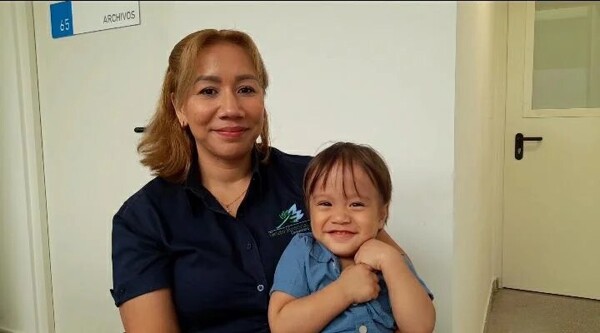
The United States Patent and Trademark Office (USPTO) highlights the importance and potential of Artificial Intelligence (AI) to drive advancements in critical areas such as health, climate change, and economic sustainability. It also underscores how AI facilitates internal processes, such as patent classification and prior art detection. International collaboration plays a crucial role in this strategy by aligning global standards, promoting technological interoperability, and ensuring fair competition worldwide.
In this sense, international cooperation becomes increasingly essential to overcome the limitations imposed by the internal policies of various countries and ensure that AI applications benefit the greatest number of people and ecosystems possible. To unlock the full potential of AI in addressing global challenges, not only vision is required, but also commitment and immediate action.
One of the main focuses is to democratize access to innovation, allowing a greater number of individuals and organizations to participate in and benefit from advancements in AI. Mexico and other developing countries have a unique opportunity to lead in the sustainable integration of AI in these critical areas. To achieve this, interdisciplinary research must be promoted, equitable access to data ensured, and early and flexible funding provided for projects that directly impact the most vulnerable communities.
It is essential that governments, academia, and the private sector collaborate to ensure that AI technologies align with principles of equity, sustainability, and justice. This collaboration aims to protect the innovations of inventors and businesses while promoting an inclusive ecosystem that amplifies the positive impact of AI globally.
In this context, the USPTO actively participates in international initiatives for the development of standards in AI and collaborates with other governments, academia, and industries to strengthen trust in intellectual property (IP) rights. It is crucial that inclusive IP policies are promoted, advanced infrastructure for the use of AI is invested in, and principles such as equity, transparency, and security are guaranteed in its adoption.
However, amidst these advancements, it is important to consider the impact of the continuous militarization and commercialization of AI technologies, which could divert their use from critical areas, such as monitoring climate change and implementing clean energy. It is fundamental that governments take responsibility for ensuring that these technologies are used for the benefit of humanity and not just for particular or military interests.
From a Mexican perspective, there is an opportunity to show that innovation can and should be a tool to transform lives and preserve the future of the planet. However, to achieve this, consistent financial and political backing at the international level is required, which does not solely depend on strategic interests distant from public interest or on private sectors that do not generate social value.
In conclusion, AI has transformative potential to address global challenges such as climate change and health inequities. It is crucial to rethink the use of advanced technological tools to tackle these monumental challenges and seize the opportunities presented by technological competition among powers. AI can help close historical gaps in medical care, develop preventive diagnostics, and accelerate research in treatments for complex diseases, but it is imperative that it focuses on benefiting humanity as a whole.














